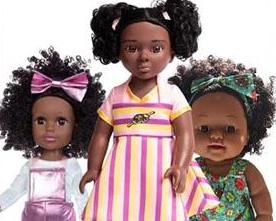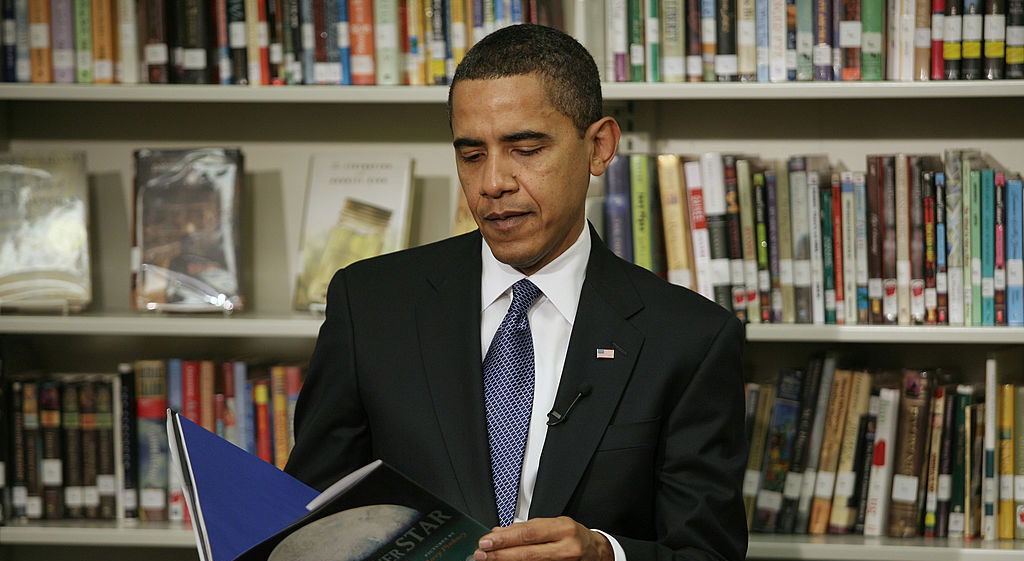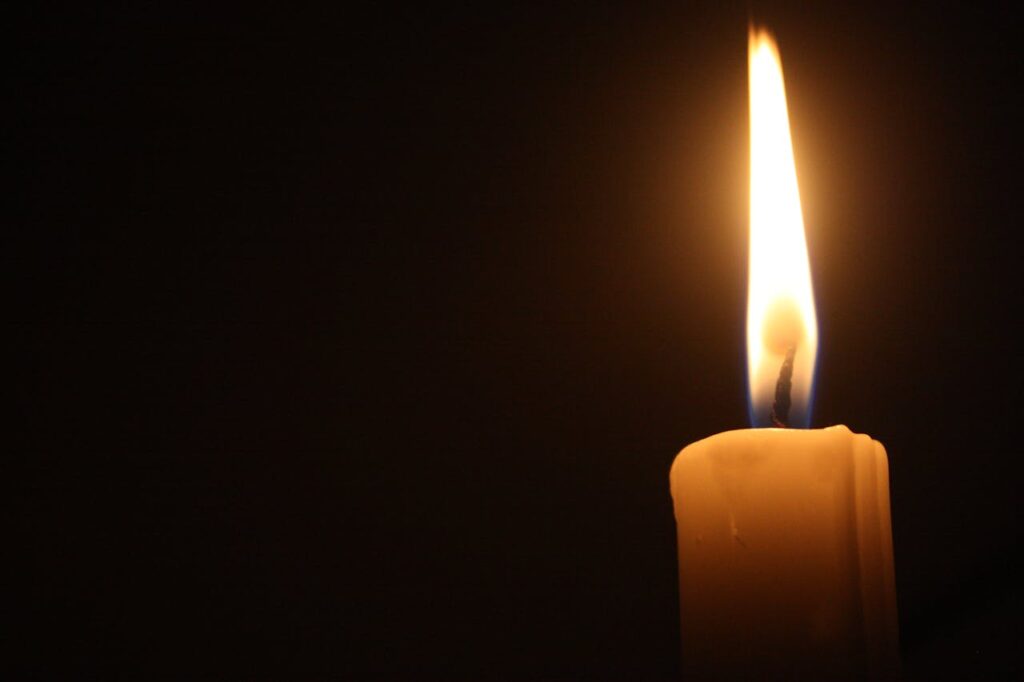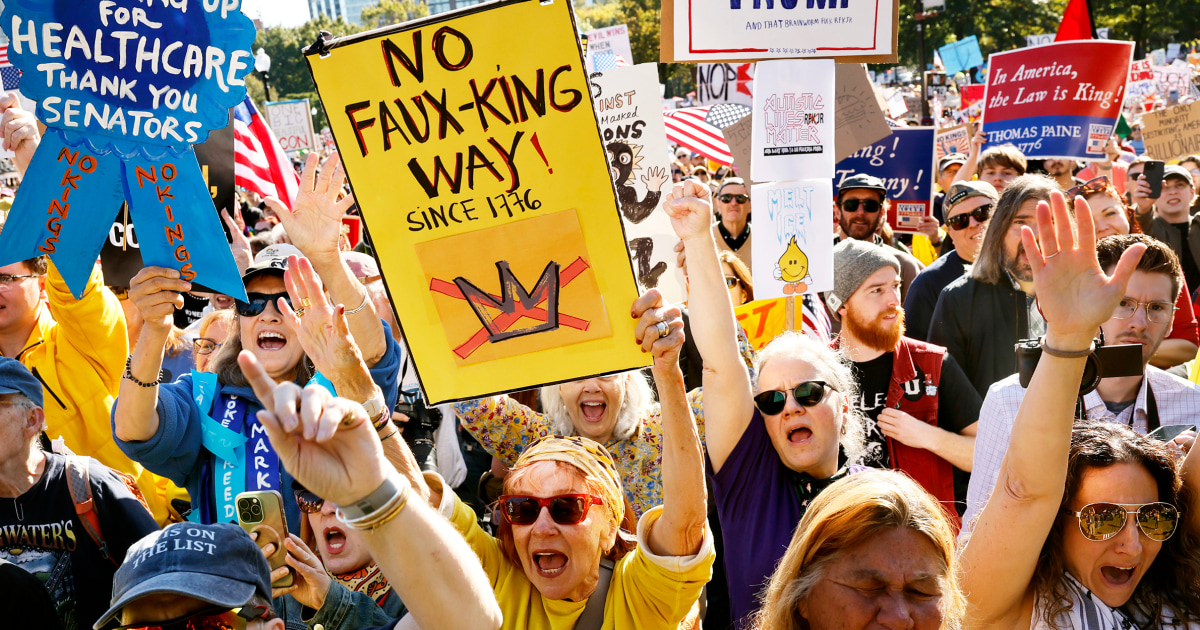Florida City Attempts To Build Over Black Gravesite, Again
The city commission has postponed its final vote on the sale amid mounting public pressure.
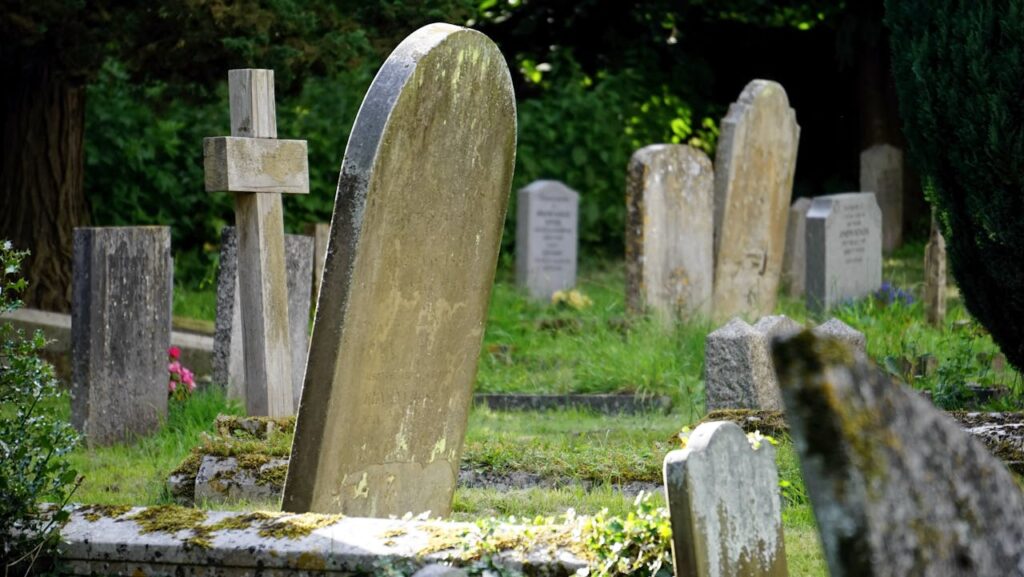
In Tallahassee, a plan to sell a city-owned golf course built partially over the burial grounds of enslaved people has led to residents speaking out on behalf of the dead.
The 178-acre site of the Capital City Golf Course is less than a mile from the state capitol. The National Park Service estimates at least 23 confirmed unmarked graves and 14 possible graves of enslaved people, the AP reported.
Residents and descendants of the enslaved are demanding recognition for those interred and a permanent memorial rather than a land sale.
“We know they were enslaved. But who were they?” asked local resident Tiffany Hill.
The city initially proposed to sell the land to the Capital City Country Club for $1.25 million. The city’s only condition to the sale is that the golf course remain an 18-hole facility and that the city maintain public access for a commemorative site.
Residents against the sale say the deal amounts to commodifying human remains. Additionally, activists warn that the continued lack of acknowledgement of the graves reduces the legacy of enslaved people to a footnote.
“They were sold on the auction blocks of Leon County, and now we are willing to sell them again,” said activist Delaitre Hollinger at the Oct. 22 City Commission meeting.
Advocates for historic preservation say the city’s failure to build the memorial it approved more than four years ago compounds the issue.
Florida State University historian Kathleen Powers Conti said she was “frankly shocked that … no one … is actually looking to find the descendants of those people buried there.”
Needless to say, residents are displeased by the prolonged inaction. The city commission has postponed its final vote on the sale amid mounting public pressure.
In 2020, city officials in Ocoee, Florida, encountered a similar situation. The city initiated eminent-domain action for a one-acre site believed to contain a historic African American cemetery. The site was rumored to possibly be tied to the 1920 Ocoee massacre of Black residents. The property at 441 Basking Ridge Court carried a marker for “Hallowed Ground” due to the discovery of two headstones. Yet, a ground-penetrating radar found no definitive evidence of graves, WESH reports.
In the Tampa area, forensic anthropologists working with the Florida Institute for Forensic Anthropology and Applied Science uncovered evidence for at least 45 unmarked cemeteries hidden under parking lots, schools, and housing developments. Many of the areas were tied to African American communities. Some of those sites trace back to mid-20th-century urban renewal.
In 2019, a forgotten cemetery was uncovered in Hillsborough County. Beneath the Robles Park housing project were the remains of the former Zion Cemetery. The remains were mostly Black bodies. The same year, 145 coffins were unearthed beneath a King High School in Tampa. They were what was left of the former Ridgewood Cemetery. While 145 remains were found, historical records show that more than 250 people were interred there.
According to Spectrum News, King High School erected a monument in 2023 to memorialize the people whose resting places had been built over and destroyed as a casualty of capitalism.
RELATED CONTENT: Family Sues Two Funeral Homes After Deceased Veteran’s Brain Found Stored In A Box







